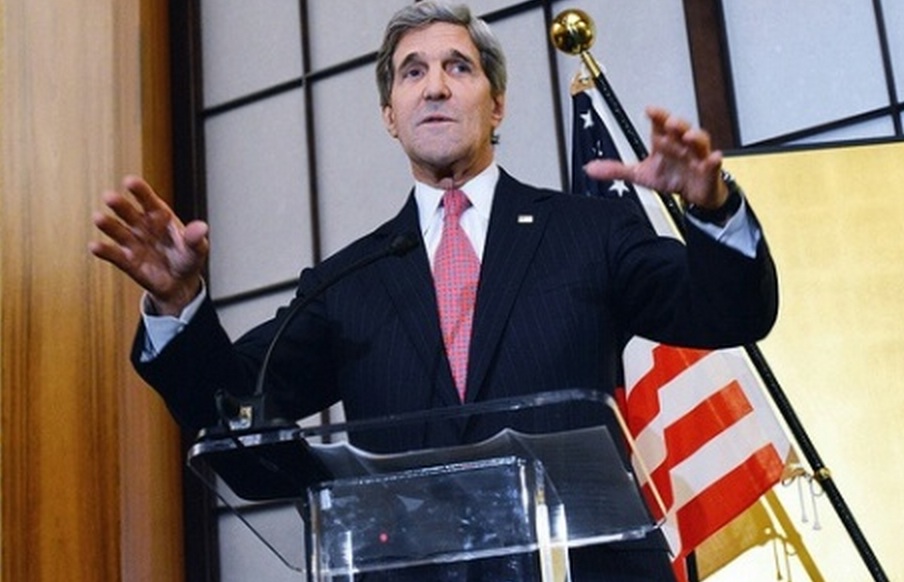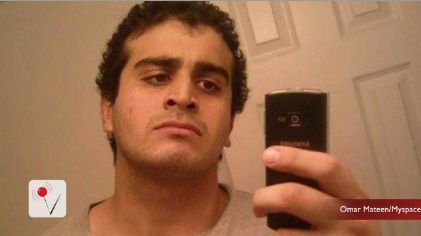Commentary: ‘Did Not Exonerate’ – Special Counsel Hur Faces Heated Congress
By Philip Wegmann

Commentary by Philip Wegmann originally published by RealClearPolitics and RealClearWire
For describing President Biden in his report as a “well-meaning, elderly man with a poor memory,” Special Counsel Robert K. Hur was painted by Democratic Party loyalists as an uncaring, ambitious prosecutor with political animus. It started at the top.
“There’s even a reference that I don’t remember when my son died,” the president fumed at a press conference last month the day the Hur report was published. “How in the hell dare he raise that?”
A steady chorus of condemnation followed, outrage summarized by first lady Jill Biden, who wrote in a fundraising email to Democratic donors, “I can’t imagine someone would try to use our son’s death to score political points.”
Except that Hur did not. The president, not the prosecutor, first raised the issue of Beau Biden’s death – and its timing. And while the president quickly recalled the anniversary of his son’s passing, according to the transcript of his five-hour interview released Tuesday, the president struggled to remember the correct year.
“What month did Beau die? Oh, God, May 30-,” Biden began to say while working out a timeline of his steps after the vice presidency but before running for president himself. “2015,” Rachel Cotton, a White House lawyer, replied. The president then asked, “Was it 2015 he had died?”
The transcript, which detailed that exchange, along with his testimony before Congress hours later, undermined the caricatures of Hur that had been cultivated throughout his investigation of Biden’s handling of classified documents. The prosecutor was stone-faced in front of lawmakers, repeatedly declining to speculate beyond the established facts of his investigation, quoting chapter-and-verse from his report. “I did not sanitize my explanation,” Hur said of the report’s conclusion, “nor did I disparage the president unfairly.” Neither side was satisfied with that by-the-book routine.
To Rep. Hank Johnson, a Georgia Democrat, Hur was an opportunist “doing everything you can do to get President Trump reelected” in hopes, he speculated, of later securing a federal judgeship. Not to be outdone, for declining to bring charges against Biden, Rep. Tom Tiffany, a Wisconsin Republican, accused Hur of being “part of the Praetorian Guard that guards the swamp.”
Hur, who was appointed U.S. attorney for Maryland during the Trump administration and confirmed unanimously by the Senate, rejected both characterizations, insisting, “Partisan politics played no part whatsoever in my work.” The report he produced, he continued, “was independent and fair.”
Republicans and Democrats on the committee were already entrenched in their opinions about the investigation and tried to turn the hearing into a contest over whose handling of classified documents and whose mental acuity was worse: the former president or the current one.
Florida Rep. Matt Gaetz advanced a “senile cooperator theory,” alleging that Hur declined to charge Biden because he cooperated with the investigation and because he was an elderly man with poor recall of the facts. Hur disagreed, replying, “based on the evidence,” that he concluded he couldn’t prove “beyond a reasonable doubt to a jury” that Biden intentionally broke the law.
Other Republicans saw an opportunity to put political points on the board. Wisconsin Rep. Scott Fitzgerald attempted to read a definition of senility into the conclusion of the special counsel.
“Mr. Hur, based on your report, did you find that the president was senile?” he asked after quoting Webster’s dictionary. Curt in his response and unwilling to go beyond his published findings, Hur replied, “I did not. That conclusion does not appear in my report.”
On the mental acuity front, more than one Democrat used their time for questioning to play videos of Trump forgetting the names of world leaders, confusing sitting members of Congress for his political rivals, and garbling pronunciations.
The White House welcomed the conclusion of the investigation, particularly the decision by the special counsel not to bring charges. Their longstanding gripe has, instead, been with Hur’s characterization of Biden as a forgetful old man. California Rep. Adam Schiff gave voice to those West Wing concerns by blasting Hur for making “pejorative reference to the president” and choosing to knowingly “ignite a political firestorm.”
When Hur bungled the title and tenure of a former Biden administration official, Dana Remus, a spokesman for the White House counsel’s office, smirked, “It turns out, people just mess up sometimes. Even when they aren’t elderly or well-meaning.”
The hearing lasted little more than three hours, two hours less than the interview with Biden. Its ramifications now rest on the public interpretation of why Hur didn’t bring charges against the president. The debate will likely turn on the issues of innocence and exoneration.
When Washington Rep. Pramila Jayapal hurriedly asserted that Biden had been exonerated, Hur interrupted with a line that will likely play on a loop in attack ads this November. “You exonerated him,” she said, noting the lack of charges. “I did not ‘exonerate’ him,” the lawyer countered as the congresswoman continued, “that word does not appear in the report.”
Rep. Darrel Issa was quick to clarify that Hur had neither found Biden guilty nor innocent. “You did not reach an idea that he had committed no wrong, you reached a conclusion that you would not prevail at trial and therefore did not take it forward,” the California Republican prodded.
“Correct, congressman,” the special counsel replied.
The White House was quick to fall back on an ironclad constitutional principle.
“Well, in America, we do have the presumption of innocence,” White House counsel spokesman Ian Sams told reporters gathered outside the West Wing, “and when a prosecutor spends 15 months investigating a case only to determine that there is no case here and that there will be no charges, and that the case is closed, it only affirms the innocence of the president.”
__________
By Philip Wegmann – This article was originally published by RealClearPolitics and made available via RealClearWire.






